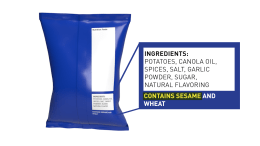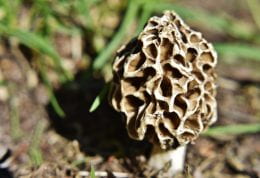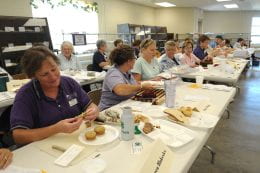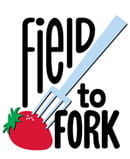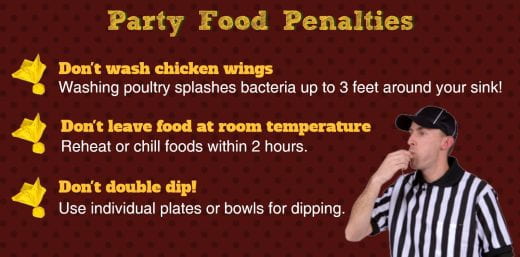K-State Research and Extension strives to help small food businesses to make and sell safe food. One important tool to accomplish this is our publication Food Safety for Direct to Consumer Sales: Regulations and Best Practices. This publication is developed in partnership with the Kansas Department of Agriculture Food Safety and Lodging program. It is updated annually and is also available in Spanish.
Those who sell Direct to Consumers include farmers markets, local fairs, and online sales. There are food safety regulations to follow and the bottom line is to make the safest food possible.
This publication also provides information about licensing, selling meat, eggs, dairy products and more!
